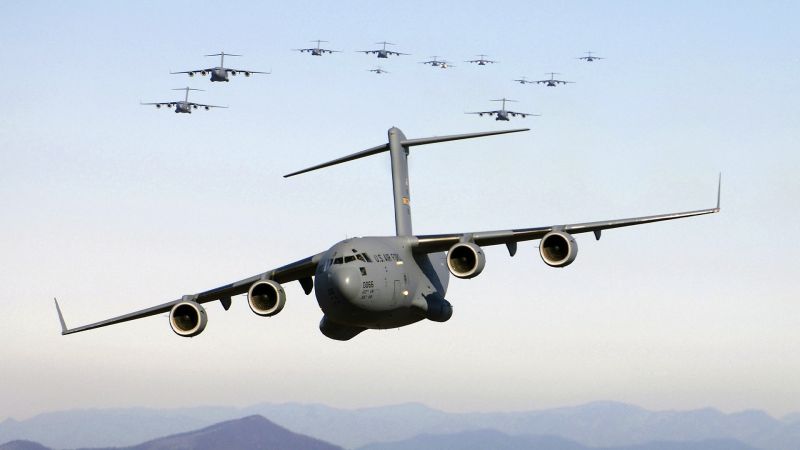The Air Force is always looking for ways to improve efficiency and reduce costs. Model-based systems engineering offers an innovative approach to achieving these goals. It provides a structured approach to the design and development of complex systems, allowing for greater control and understanding of the system. In this blog post, we will discuss 6 ways that Model-based systems engineering can help the Air Force.
1. Improved Efficiency:
Model-based systems engineering provides a systematic approach to the design and development of complex systems. This approach allows for improved efficiency in the design process, reducing the number of unnecessary steps taken during the design process.
2. Cost Savings:
Model-based systems engineering also allows for cost savings. By providing an efficient approach to system design, the Air Force can cut down on the amount of time and resources needed to design and deploy a system, resulting in significant cost savings.
3. Increased Understanding:
Model-based systems engineering offers a way to gain a better understanding of the system being designed. By using a model-based approach, the Air Force can gain a more detailed understanding of the system, allowing for greater control and understanding of the system. This can help the Air Force to more quickly identify and correct any issues with the system.
4. Improved Quality:
Model-based systems engineering also helps to improve the quality of the system. By providing a structured approach to the design process, the Air Force can ensure that all aspects of the system are taken into account, resulting in a high level of quality and reliability.
5. Faster Deployment:
Model-based systems engineering also helps to speed up the deployment process. By providing a streamlined approach to system design, the Air Force can reduce the amount of time needed to design and deploy a system, allowing them to get systems up and running more quickly.

6. Increased Flexibility:
Finally, model-based systems engineering provides a way to increase the flexibility of the system. By providing a structured approach to system design, the Air Force can more easily change or modify the system as needed, ensuring that the system can adapt to changing requirements and conditions.
Model-based systems engineering offers a powerful approach to the design and development of complex systems. It provides a structured approach to system design, allowing for improved efficiency, cost savings, increased understanding, improved quality, faster deployment, and increased flexibility. By implementing this approach, the Air Force can take advantage of these benefits to improve their systems and reduce costs.
Don't miss out on the benefits of Model-based systems engineering. Contact us today to learn how our services can help your organization achieve its goals.


